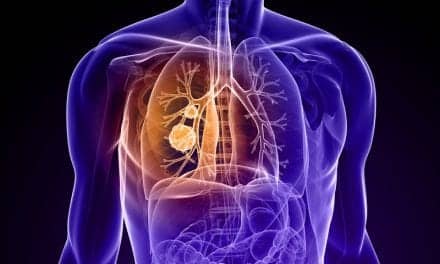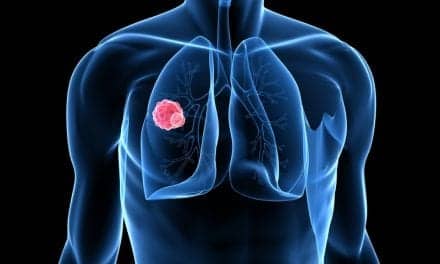Why does a history of smoking increase the risk of lung cancer in some individuals but not in others? Researchers from the
At a recent meeting of the American Association for Cancer Research (AACR), Jian-Min Yuan, PhD, MD, associate professor of public health at the university, reported that a history of smoking increases the risk but not in everyone.
Yuan and colleagues hypothesized that it might be the presence of the metabolite NNAL in a patient’s urine that could provide the answer to this mystery.
The researchers collected data from 18,244 men enrolled in the Shanghai Cohort Study and 63,257 men and women from the Singapore Chinese Health Study. They conducted personal interviews to assess levels of cigarette smoking and lifestyle factors. The investigators also collected blood and urine samples from more than 50,000 patients. They then identified 246 current smokers who later developed lung cancer and 245 smokers who did not develop lung cancer during the 10-year period following the initial interviews and collection of urine samples.
Levels of NNAL and nicotine were then calculated: Those with the highest levels of nicotine and NNAL had an 8.5-fold increased risk of lung cancer compared with smokers who had the lowest levels.
According to Yuan, identifying the real culprit among a possible 60 carcinogens in tobacco smoke will make predicting lung-cancer risk more accurate.









